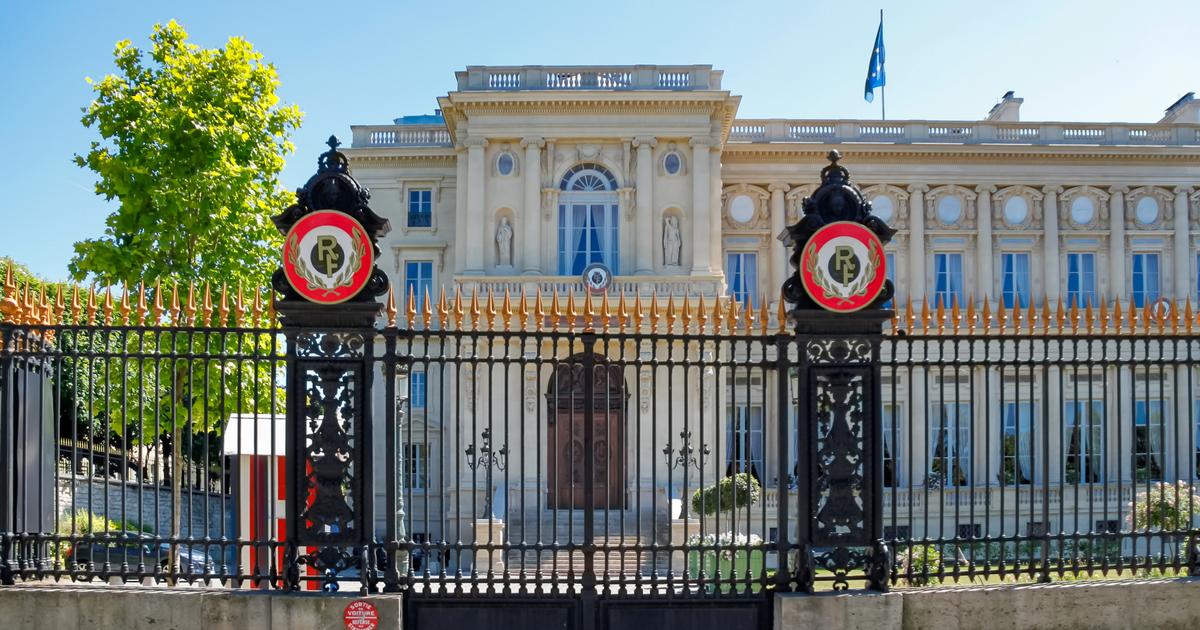The Solomon Islands and Kiribati, the island nations of the Pacific, who had diplomatic relations with Taiwan, approved China one after another and made a diplomatic relationship with Taiwan. With this, only 15 countries have diplomatic relations with Taiwan, and more than half are concentrated in Latin America. Why do diplomatic relations continue only with distant Latin America? What will be the effect of continued disconnections? I asked Professor Fukuda of Professor Hosei University who is familiar with the relationship between China and Taiwan.
--What is the relationship between Taiwan and China in the first place?
In Mainland China, the Qing Dynasty was defeated at the beginning of the 20th century, and the “Republic of China” was established. However, in 1949 after World War II, after the civil war with the Communist Party of China, the “People's Republic of China” was established in the mainland of China, and the PRC government withdrew from Taiwan. Since then, we have argued that both governments are legitimate “China”. In Japan, “China” is now called “China” and “China” is called “Taiwan”.
The relationship between China and Taiwan can be said to be a “divided state”, similar to that of East and West Germany. However, both sides do not recognize each other as a nation. The Chinese government treats Taiwan as “a region of China” and, in Taiwan, it is governed by all constitutions including China. For this reason, “double approval” was not accepted, and once each country approved one, it was forced to disconnect with the other.
-What is the relationship with each country?
This point changes with the times. Until the 1960s, many countries had diplomatic relations with Taiwan. In 1969, there were diplomatic relations with 70 countries. Until that time, Taiwan also had the right to represent the UN Security Council as a permanent member. However, in 1971, the right of representation was transferred from Taiwan to China by a resolution of the United Nations General Assembly, and Taiwan withdrew from the UN organization. In the following 72 years, President Nixon of the United States visited China and decided to settle with China. As a result, countries that established diplomatic relations with China continued, and the number of countries that maintained diplomatic relations with Taiwan decreased to 22 in 1978. Japan also approved China in 1972 and signed a contract with Taiwan.
Since then, the number of countries that have diplomatic relations with Taiwan has increased to 30 in the 1990s, but is now decreasing again. At the time of the birth of the Xin Bun administration in 2016, it was 22 countries, but now it is 15 countries, the smallest situation ever.
Only with distant countries
--Nine out of 15 countries are Latin American countries. The rest are only countries that seem to be far from Taiwan, such as Eswatini and Vatican in Africa and Nauru and Tuvalu in Pacific island countries.
There are many small countries in Japan that are unfamiliar. In fact, Taiwanese people are the same, and there are people who do not know where these countries are. What is common in Latin America and the Pacific is that it was strategically important to the United States and the influence of China was difficult. Taiwan during the Cold War was positioned as a member of the Western faction, and maintained good relations even after diplomatic relations with the United States disappeared in 1979.
On the other hand, the United States and China remained in tension because of ideological differences even after the establishment of diplomatic relations. Therefore, it can be said that there are many countries that have diplomatic relations with Taiwan in regions where the influence of the United States is strong.
The Solomon Islands and Kiribati, which approved China in September this year and signed a contract with Taiwan, are both island countries in the Pacific region. This region is also a strategic center of the United States, but in recent years, China's influence has been pointed out. China's diplomatic offensive can be seen as a pressure on the Taiwan administration that is not in the position of “one China”, but from a broader perspective, it can be seen as a sign that the United States has been reluctant.
-Why did a new diplomatic country with China make such a decision?
Fascinated by Chinese financial and technical assistance…





